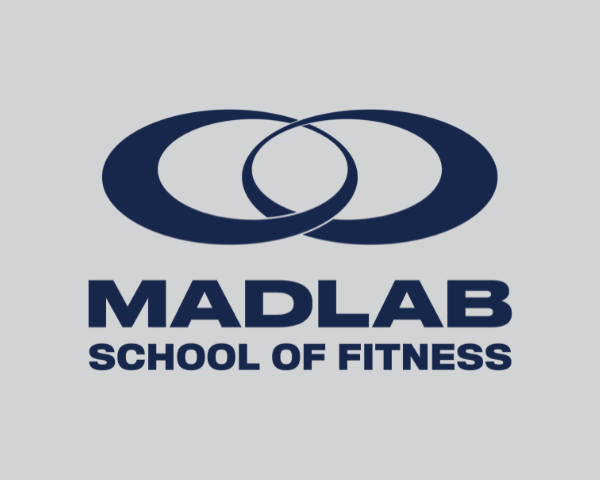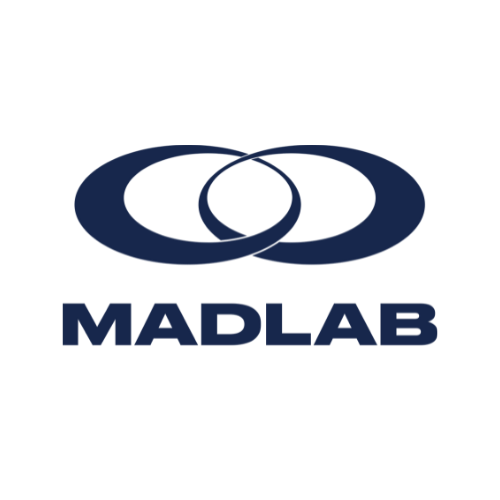A PROFESSIONAL FITNESS COACH VS A GROUP CLASS INSTRUCTOR.
Professionalizing the fitness coach is a trending topic across the internet these days, and frankly, we are all for it.
The more businesses try to accomplish the same thing, the sooner the fitness industry can mature and evolve to become something more significant and more impactful than today.
The question to ask as a current fitness coach is why is this concept of being a professional career fitness coach is so hard for the rest of the world to picture or even understand.
There is no hesitation to claim that electricians, plumbers and mechanics are professionals. The same can be said for dancers, musicians and actors; people see these as professions and see value in the entertainment these artists can provide.
Fitness is in the middle of art and trade. Why?
Well, most coaches in the fitness industry are currently group class instructors. Chances are they paid per hour, or in some instances; they might be paid on the volume of people attending their classes. In either case, they are paid to put on a performance, make the class fun and exciting, and help the people in class complete their workouts safely.
It is unlikely that in the scenarios listed above, the coach has been tasked to find new people to join the gym they work at or has been asked to sell new memberships or build personal relationships with the gym members.
This is where the separation between professional coaches and group class instructors begins.
A professional coach can and likely does coach group classes. They also probably coach personal training sessions with vigour and zest while aiming to make the class fun while people complete their workouts safely.
The difference comes in the after and even in the before, and it's tied to money.
The professional coach isn't paid by the hour or on how many people attend the class they coach. They are paid based on the success and the longevity of the people they coach.
A professional coach is incentivized to keep the same people around for a long period of time and to help them succeed for that same duration. They are paid to keep people accountable and on track, and they are invested in the success of the people they coach instead of just the attendance of the people they coach. They are also encouraged and rewarded to find new people to coach on their own accord.
The key things to consider here are how businesses serve their clients and what the coach's role is in the transaction.
A Peleton instructor, for example, is paid to get people to do their rides, watch their recorded rides and, in doing so, encourages the user to continue to pay the monthly fee for the Peleton App. This model makes excellent sense when we consider the size of the audience, the number of coaches and the cost of the app each month.
However, a brick-and-mortar business is forced to take a slightly different approach due to the overall volume and higher costs associated with training in person compared to online. A professional coach working in these facilities must provide more value than just a workout or a great class experience if they want to charge a premium price for working in person with them. This is why they need to constantly check in with the clients they manage regarding their progress, their life outside of the gym and their experience in the gym.
The path moving forward for big online-driven fitness platforms will be performance-based pay.
We believe the same compensation needs to be applied to those coaches working offline. Those working in person with clients need the chance to sell a valuable product for a fair price and earn a professional income doing so.
People who work face to face with clients need to start seeing themselves as more than a performer and more than a class cheerleader. They need to see themselves as more of a consultant and an actual coach who prescribes exercise and can help people fix their bodies and their problems.
Until this happens, until in-person coaches see themselves as more valuable and in a different market than online fitness instructors, the consumer will constantly compare the two side by side and ultimately pick the more convenient option.
To learn how we help business owners and coaches, do this book a call now.
Menu
Contact Us
1980 Clark Drive
Vancouver, BC Canada
V5N 0A9
info@madlabbusiness.com
Follow Us

Copyright © 2023 Madlab Business. All Rights Reserved.

